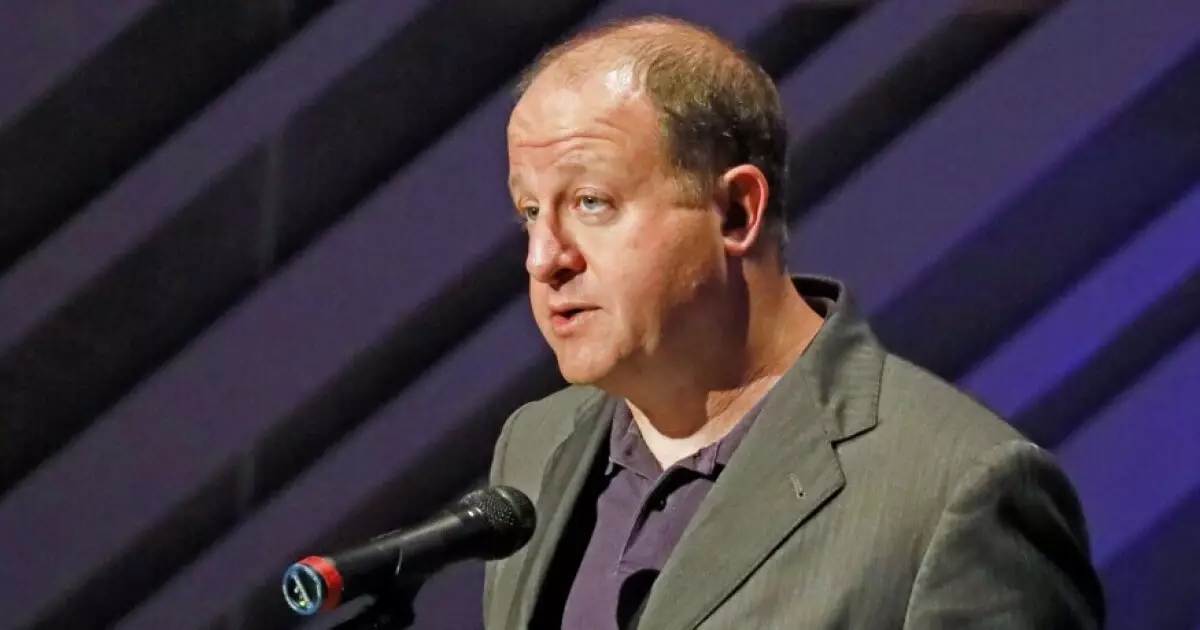The recent special session held by the Colorado Legislature concluded with the passing of a bill aimed at addressing property tax cut initiatives that were causing concerns in the state’s municipal bond market. House Bill 1001 was introduced as part of an agreement with backers of Initiative 50 and 108, leading to the removal of these measures from the upcoming ballot. Governor Jared Polis expressed his satisfaction with the outcome, emphasizing the importance of ending the “property tax wars” in Colorado.
Initiative 50 proposed a constitutional amendment to cap statewide property tax revenue growth at 4%, requiring voter approval for any increase beyond this limit. Market professionals in Colorado, particularly those in the bond market, raised alarms about the lack of specific details on the implementation of this initiative. They feared that it could result in higher borrowing costs for issuers and potentially lead to litigation, especially against metropolitan districts that rely on property taxes for infrastructure funding.
House Bill 1001 builds upon the existing Senate Bill 233, which had already planned for $1.3 billion in property tax cuts for 2024 and 2025. The new bill adjusts tax revenue growth limits for school districts and local governments while also reducing property assessment rates. As a result, property taxes are expected to decrease by an additional $255 million in 2025, with the state making up for a portion of the lost revenue. This move comes in response to the soaring home values and the absence of mechanisms to control property taxes following the repeal of the Gallagher Amendment in 2020.
Zach Bishop, head of Piper Sandler’s special district group for public finance investment banking, commended the bill for striking a balance between reducing property taxes and safeguarding special district debt crucial for housing affordability. However, Ann Terry, CEO of the Special District Association of Colorado, expressed concerns about the potential financial impact on certain districts. While it is still early to determine the full consequences of the bill, there are apprehensions about the implications for different local authorities.
The special session saw a range of bills being introduced, with only a few, including HB 1001, receiving final passage. While efforts were made to ensure local control over property tax changes through constitutional amendments, not all proposals made it through the legislative process. Moving forward, the focus will remain on implementing the provisions of HB 1001 and monitoring its effects on property tax rates and local government revenues.
The special session held by the Colorado Legislature addressed critical issues regarding property tax cut initiatives and their potential impact on the state’s municipal bond market. With the passing of House Bill 1001, the aim is to strike a balance between reducing property taxes for homeowners and businesses while safeguarding the financial stability of special districts. It remains to be seen how these measures will play out in practice and whether they will achieve the desired outcomes outlined by state officials.

